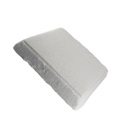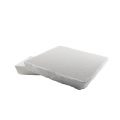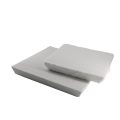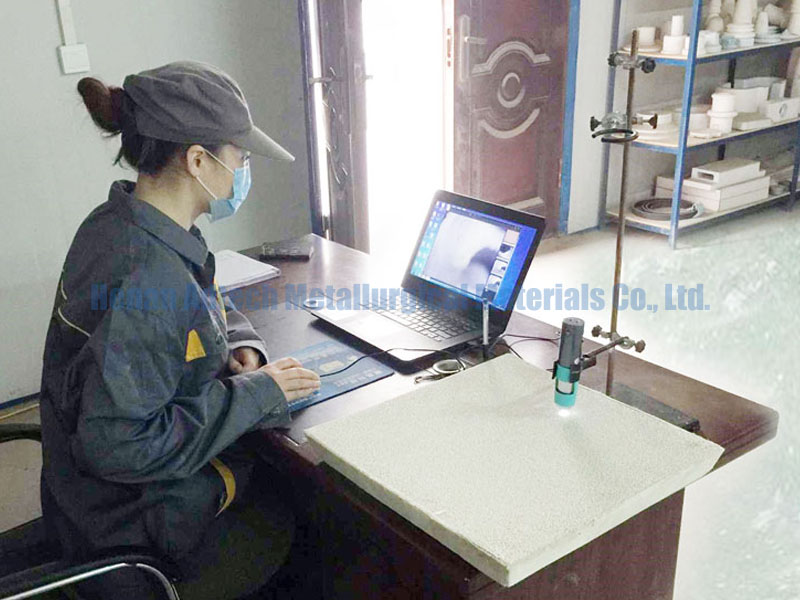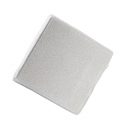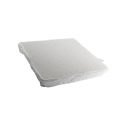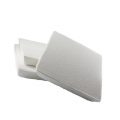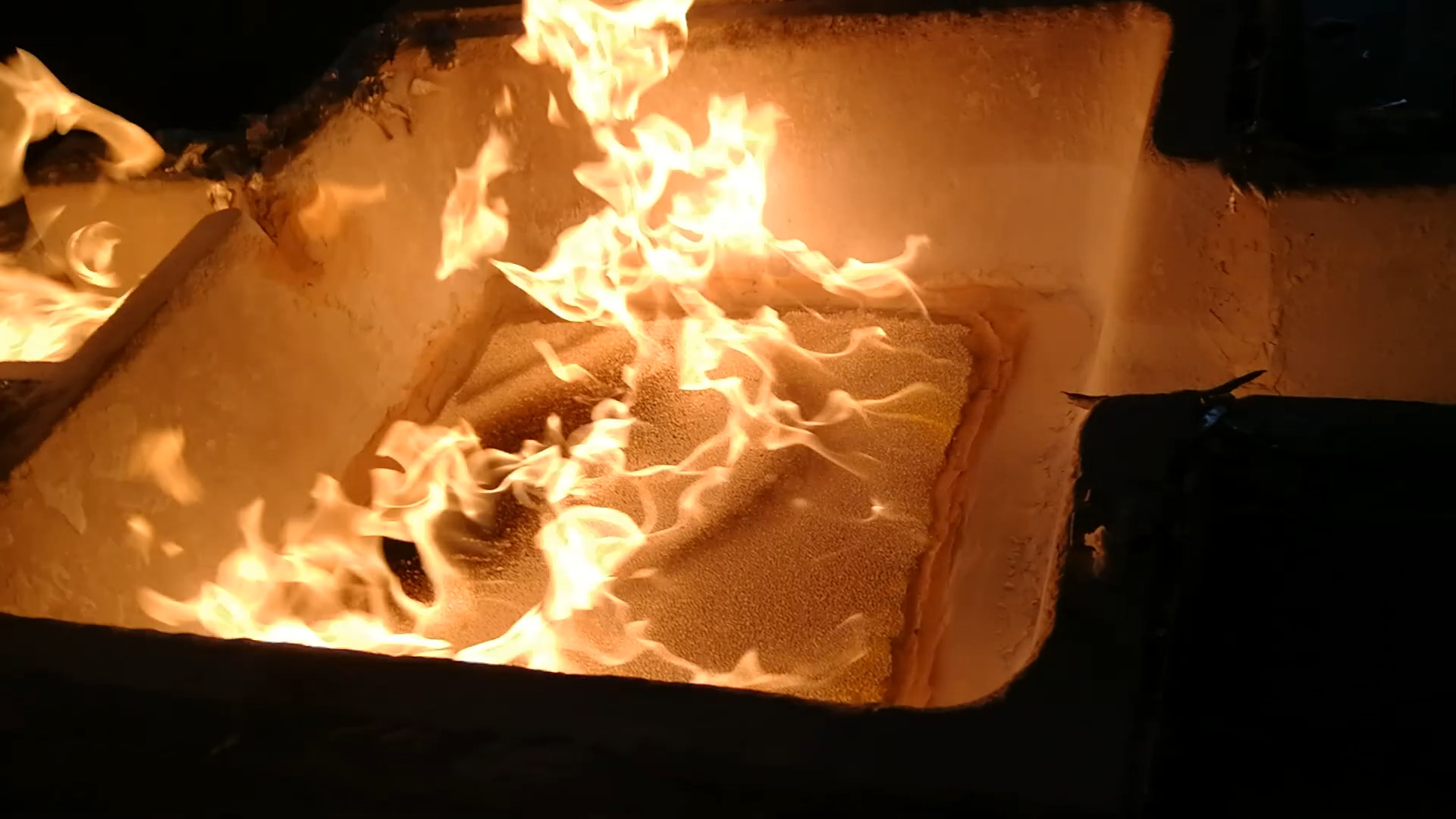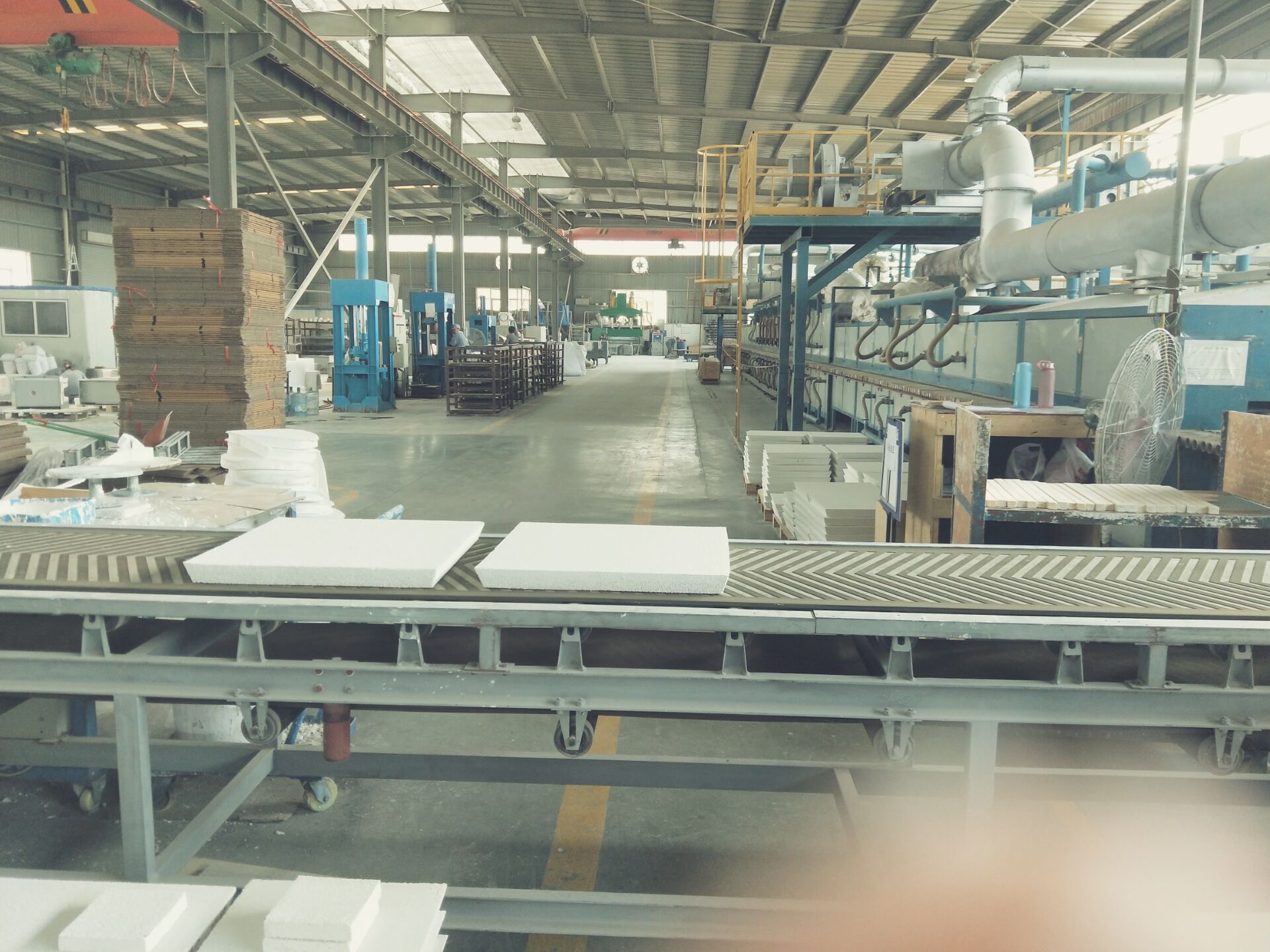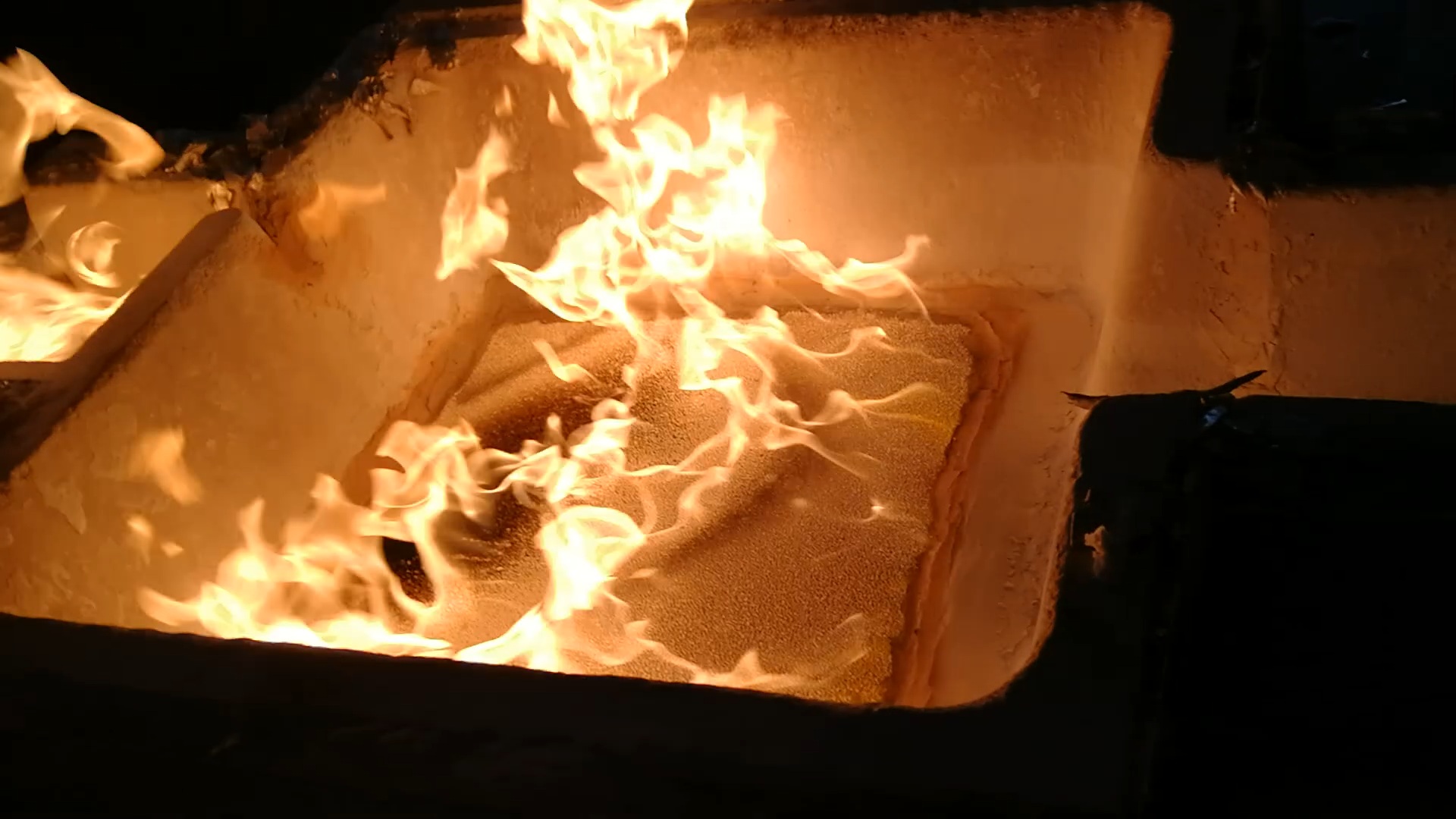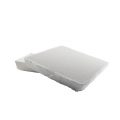Foundry Filter Ceramic Foam Overview
In recent years, porous ceramic filters (PCF) with porosity up to 90% and pore size of 0.5-5.0 mm are widely used abroad in foundry and steelmaking.
The use of Foundry Filter Ceramic Foam increases the purity of products and reduces the amount of scrap, increases the yield of metal and contributes to energy savings, increases casting productivity per unit mold area, improves properties and improves the quality of metal.
PCFs belonging to the group of foundry filters with an internal filtering surface have a set of properties necessary for filtering cast iron, steel and high-temperature alloys: low weight, high-performance surface, tortuous path of metal flow, low pressure loss, acceptable thermal and mechanical properties. Due to their structure, they, unlike two-dimensional filters (ceramic grids, rods, fiberglass meshes with various coatings and others), can delay the inclusion of micron sizes.
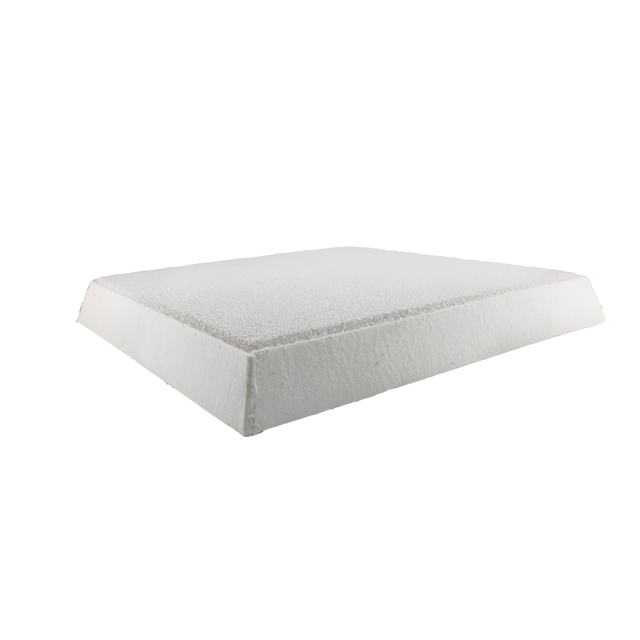
It is known that due to viscous magnesite-silicate slags, which are a by-product of graphite globalization, the gating system and slag systems for nodular cast iron are 50-100% longer and heavier than usual.
Therefore, the ratio of the mass of the casting to the mass of the metal in the mold when casting nodular cast iron is only 50-60%.
Even when complex gating systems are used, casting rejects due to non-metallic inclusions can range from 3 to 10%, and in some cases reach 35% (for example, in the manufacture of parts for the automotive industry, where particularly high demands are made on castings). When machining reveals an additional marriage. Thus, the average yield of casting is on average 45-55%.
When casting gray iron, there are fewer non-metallic inclusions, but furnace and ladle slags are often pulled together with the cast metal into the mold, increasing the amount of scrap.
The rapid introduction of metal filtration technology in the foundry industry abroad is due primarily to a significant increase in the quality of castings and an increase in productivity at relatively low costs. The use of ceramic foam filters in the production of cast iron castings can reduce the size of the gating system and slag, significantly reduce the content of non-metallic inclusions and increase the yield of casting up to 60-80%.
Foundry Filter Ceramic Foam looks like a sponge in appearance; they are obtained by impregnating organic foam (for example, foamed polyurethane) with a ceramic slurry, removing it by compressing its excess, followed by drying and burning the organic base in the oven. In most cases, firing contributes to the sintering of ceramics.
Currently, various PCFs have been developed with properties that satisfy the casting requirements of most non-ferrous metals and alloys. For many years, aluminum oxide on a phosphate binder and materials of the Cr2O3-AI2O3 system are used to filter aluminum. In some cases, sintered Foundry Filter Ceramic Foam without a binder have been successfully used to cast aluminum alloys with high activity.
Phosphate binders are also used to filter non-ferrous metals and their alloys with a low melting point: brass, bronze, zinc, tin, copper, etc.
Ferrous metals and their alloys have higher chemical activity and casting temperature than non-ferrous metals, so the development of technology and the creation of new high-temperature ceramic foam filters with increased chemical resistance, in particular silicon carbide, were required.
Coarse filters with a porosity of 4 pores per 1 cm are used, as a rule, for casting nodular cast iron and for producing large mass castings.
Filters with porosity of 8 pores per 1 cm are recommended for refining gray cast irons and, finally, fine filters with porosity of 12 pores per 1 cm for casting malleable cast iron.


